8 Chicken Breeds You Should Own & Why

Make sure to like Living Green and Frugally on Facebook, Shop at Amazon to help support my site and explore our PINTEREST BOARDS for innovative ways you can become self-sufficient.
Raising chickens has become increasingly popular among homesteaders, urban farmers, and backyard hobbyists. Beyond their fresh egg supply and natural pest control, chickens bring personality and joy to any backyard! However, not all chicken breeds are created equal, and choosing the right breeds can make all the difference. In this guide, we’ll introduce eight chicken breeds that stand out for their temperament, egg-laying capabilities, hardiness, and other unique traits. Plus, we’ll dive into common questions, helpful tips, and even a simple recipe idea to make the most of your homegrown eggs!
1. Rhode Island Red
Why You Should Own It: Rhode Island Reds are hardy, prolific egg-layers, producing around 200-300 brown eggs per year. They’re known for their friendly nature and adaptability to various climates.
Ideal for: Egg production, beginners, and colder climates.
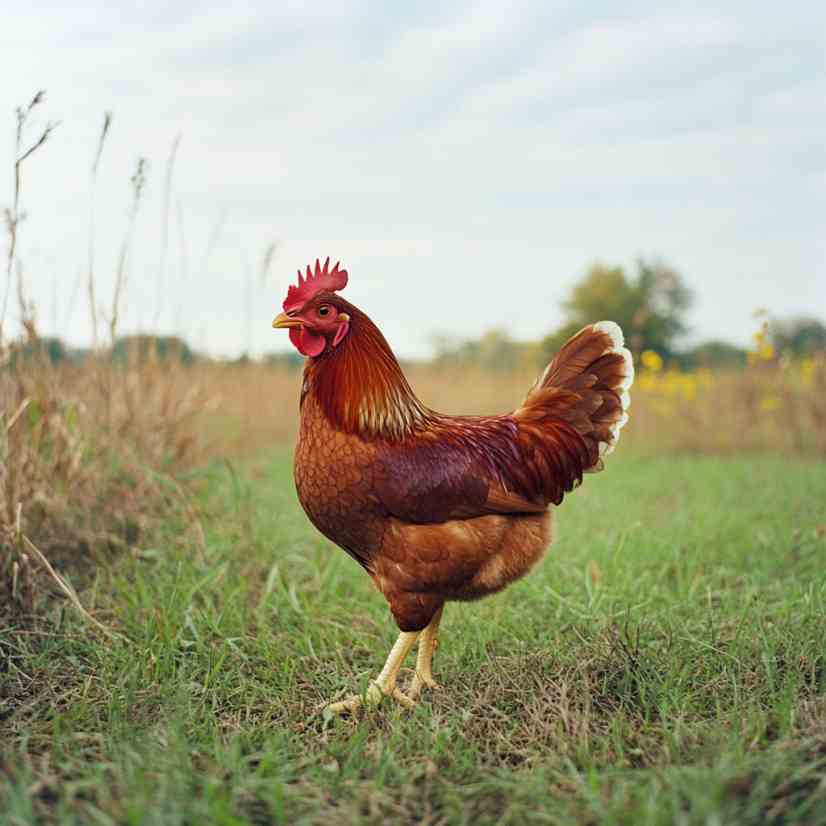
2. Orpington (Buff Orpington)
Why You Should Own It: Buff Orpingtons are gentle giants, making them fantastic family-friendly chickens. They are consistent egg layers, giving about 150-200 light brown eggs yearly.
Ideal for: Cold climates, families, and dual-purpose (meat and eggs).
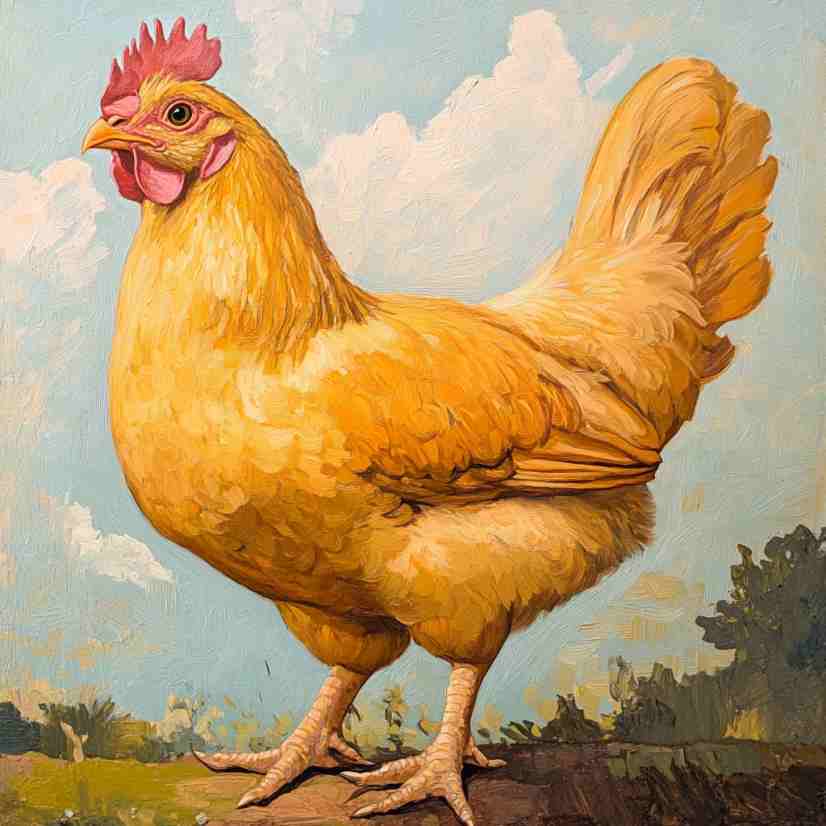
3. Leghorn
Why You Should Own It: If you’re after high egg production, Leghorns are among the best, laying up to 300 large white eggs annually. They’re efficient eaters, needing minimal feed while still producing consistently.
Ideal for: High egg production, low feed costs.
4. Australorp
Why You Should Own It: Australorps are hardy and known for their impressive egg-laying. They produce about 250 light brown eggs per year and are also known for their friendly, calm personalities.
Ideal for: Consistent egg production, docile temperament, and cold climates.
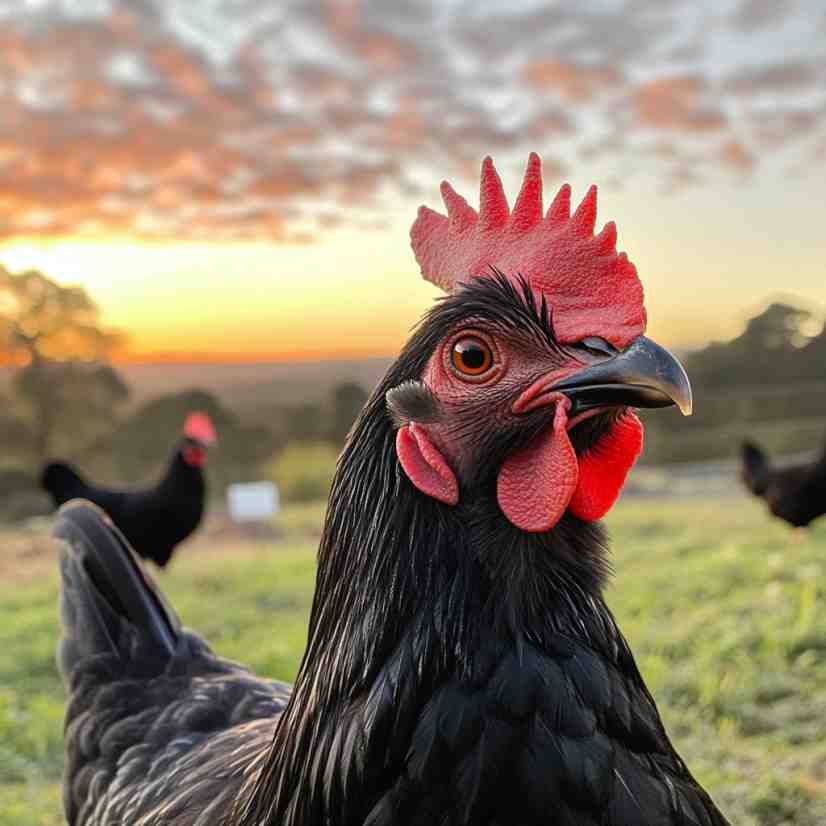
5. Wyandotte
Why You Should Own It: Wyandottes are cold-hardy, reliable layers of about 200 eggs annually. With striking plumage and a calm demeanor, they make beautiful and practical additions to any flock.
Ideal for: Cold climates, ornamental value, and consistent egg production.
6. Silkie
Why You Should Own It: Silkies are known for their fluffy plumage and calm, friendly demeanor. While they aren’t top egg producers, their unique look and sweet nature make them great pets and ideal for children.
Ideal for: Pets, ornamental use, and beginner chicken owners.
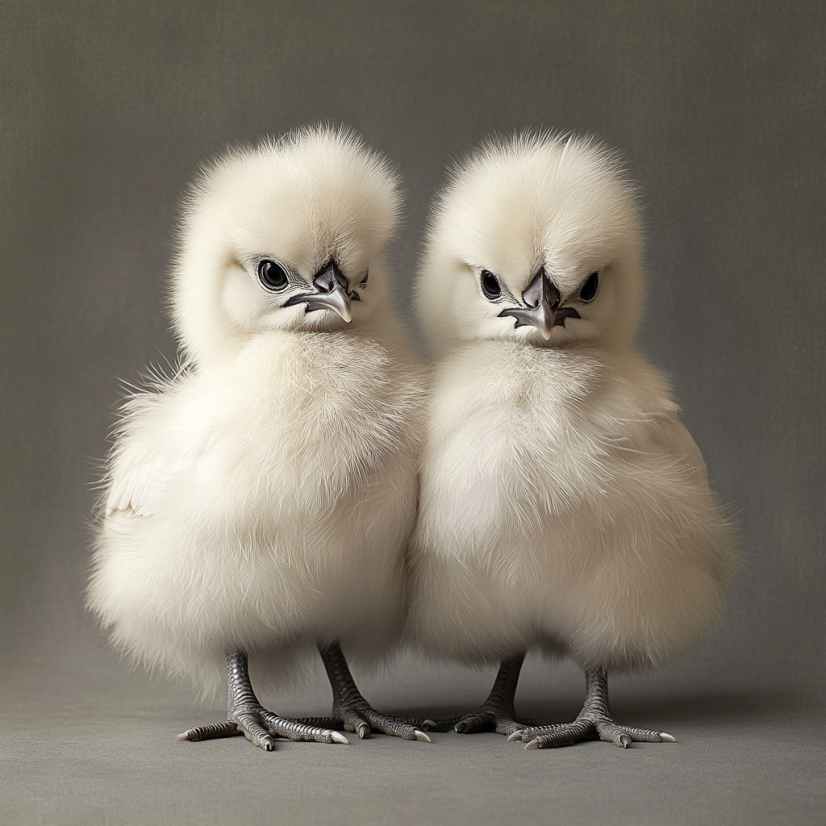
7. Easter Egger
Why You Should Own It: Easter Eggers bring fun and variety to egg production, laying eggs in shades of blue, green, and sometimes even pink! These chickens have a friendly temperament and are good layers, averaging around 200 eggs per year.
Ideal for: Unique egg colors, families, and diverse flocks.
8. Plymouth Rock (Barred Rock)
Why You Should Own It: Plymouth Rocks are dual-purpose chickens known for their friendly disposition and reliable egg production, around 200 eggs per year. They’re hardy birds, making them well-suited to various climates.
Ideal for: Cold climates, families, and dual-purpose use.
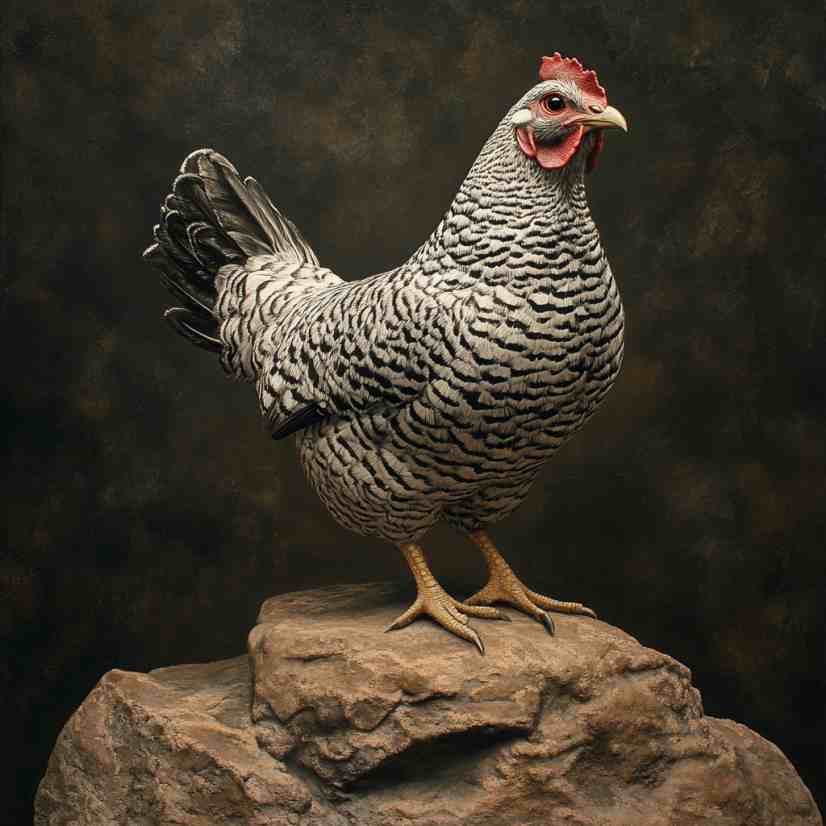
Tips for Raising a Happy, Healthy Flock
- Provide Clean, Safe Housing: Chickens need a secure, well-ventilated coop to protect them from weather and predators. Clean it regularly to reduce disease risks.
- Balanced Diet: Offer a balanced chicken feed rich in proteins, especially for egg-layers. Supplement with occasional greens, grains, and calcium (e.g., crushed eggshells).
- Fresh Water Always: Keep water clean and fresh. Hydration is key, especially in warmer months when chickens are more prone to dehydration.
- Regular Health Checks: Monitor your chickens for any signs of illness, like decreased appetite, odd behaviors, or irregular feathers.
Recipe: Fresh Herb Omelet with Backyard Eggs
Bring the farm-to-table experience into your kitchen with a simple, fresh herb omelet that highlights the delicious, fresh taste of your backyard eggs.
Ingredients:
- 3 fresh eggs from your backyard flock
- 2 tbsp milk or cream
- Salt and pepper to taste
- Fresh herbs (e.g., chives, parsley, basil), chopped
- 1 tbsp butter
Instructions:
- In a bowl, whisk together the eggs, milk, salt, and pepper.
- Heat a nonstick skillet over medium heat and add the butter.
- Once the butter is melted, pour in the egg mixture and let it cook until the edges begin to set.
- Sprinkle fresh herbs on top.
- Fold the omelet, cook for another minute, and serve hot.
Enjoy the unmatched flavor of fresh, homegrown eggs!
Common Questions & Answers
Q: Which breed is best for beginners?
A: Buff Orpingtons and Rhode Island Reds are both excellent choices for beginners, as they’re friendly, hardy, and adaptable.
Q: Can I keep multiple breeds together?
A: Absolutely! Chickens generally get along well across breeds, but monitor pecking order behaviors, especially when introducing new birds.
Q: How many chickens do I need for a consistent egg supply?
A: For a family of four, 4-6 chickens will usually provide plenty of eggs. However, egg production can vary by season, with fewer eggs in winter.
Q: Are some breeds better for meat as well as eggs?
A: Yes, dual-purpose breeds like Plymouth Rocks and Buff Orpingtons are good for both eggs and meat production.
Q: How often do I need to clean the coop?
A: Weekly cleanings and monthly deep cleans help prevent disease and keep your chickens healthy.
Final Thoughts
Choosing the right chicken breeds for your backyard will depend on your specific needs, whether it’s maximum egg production, cold hardiness, or a family-friendly temperament. Raising chickens is a rewarding journey, and with the right flock, you’ll enjoy fresh eggs and endless entertainment for years to come. So start with these eight breeds, and build a happy, productive, and vibrant flock!